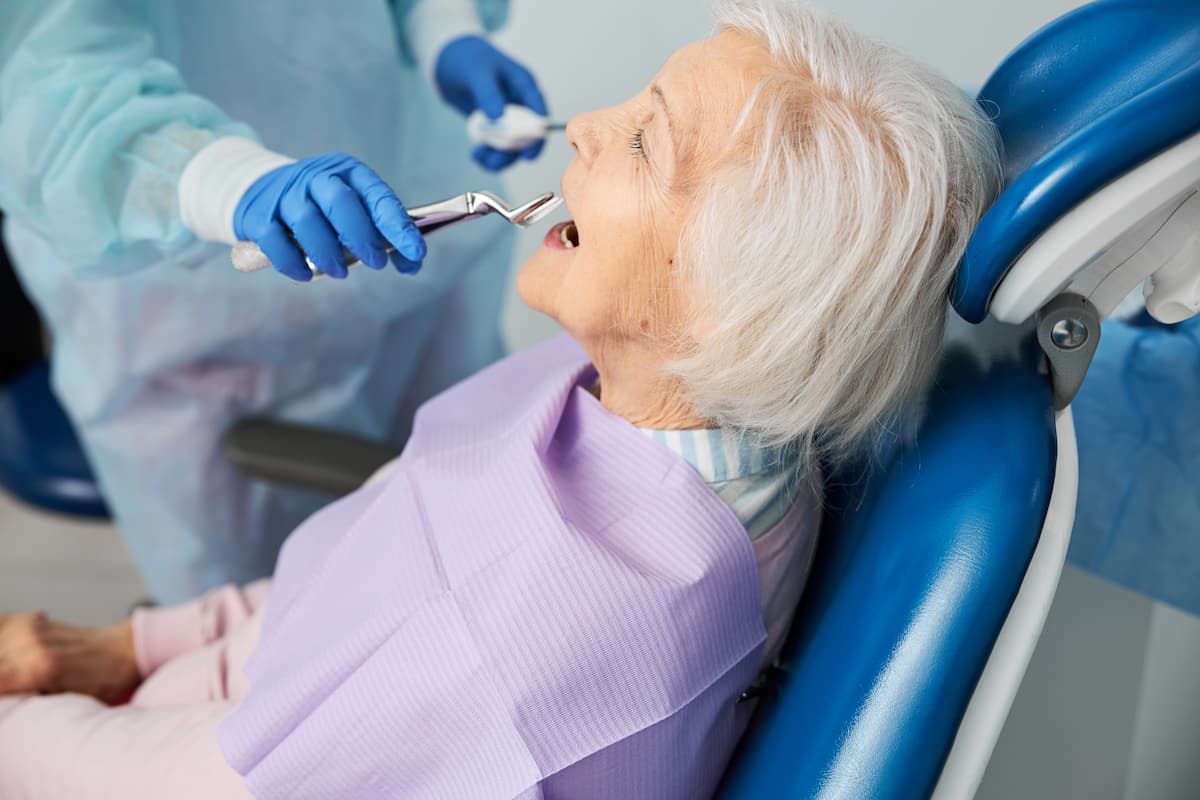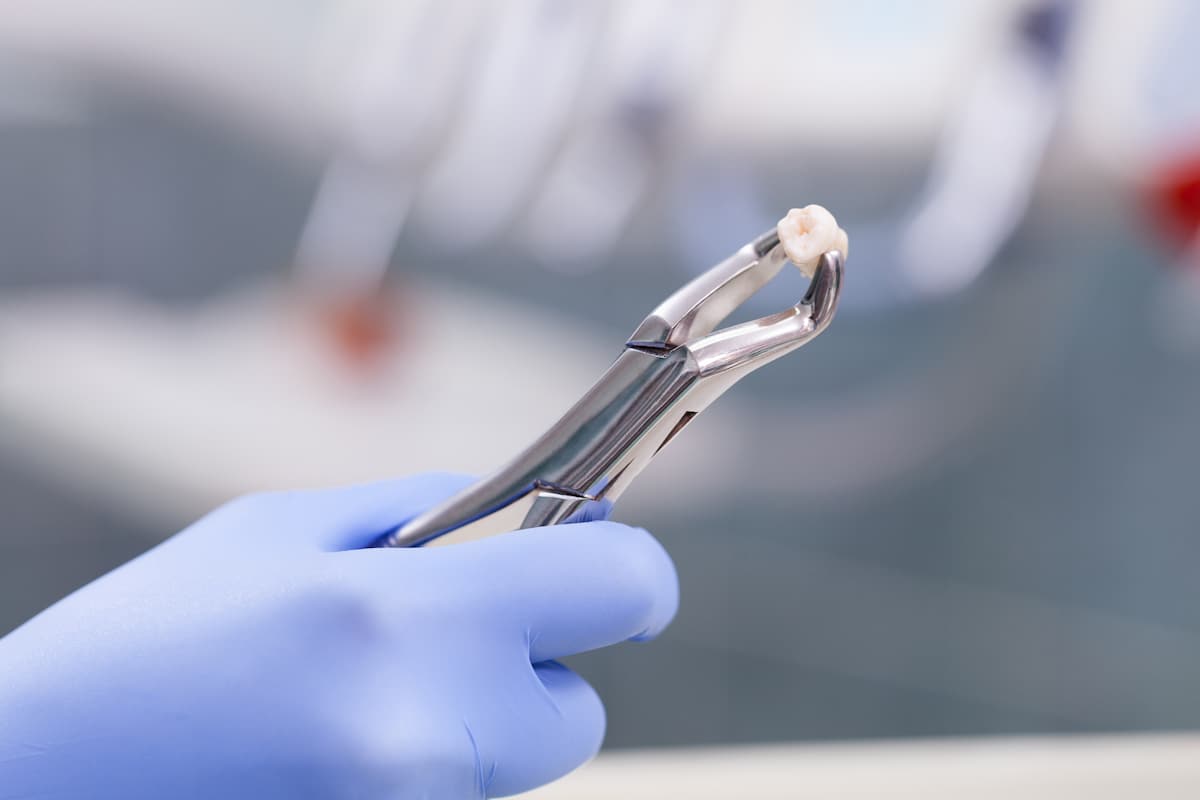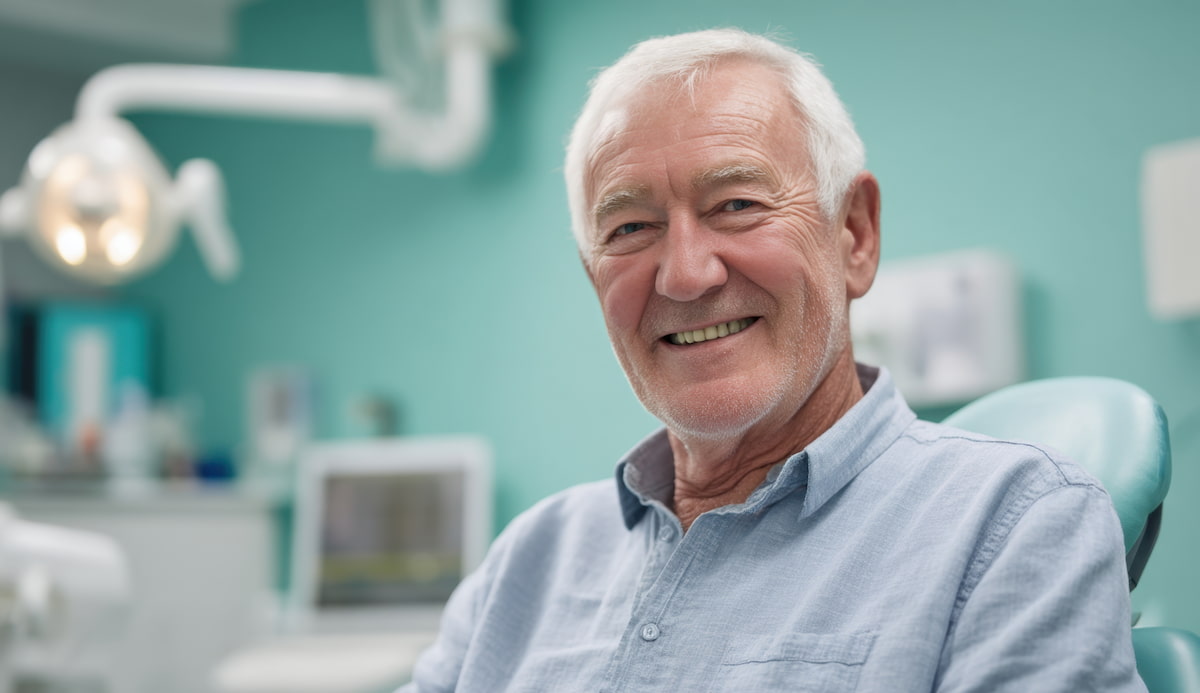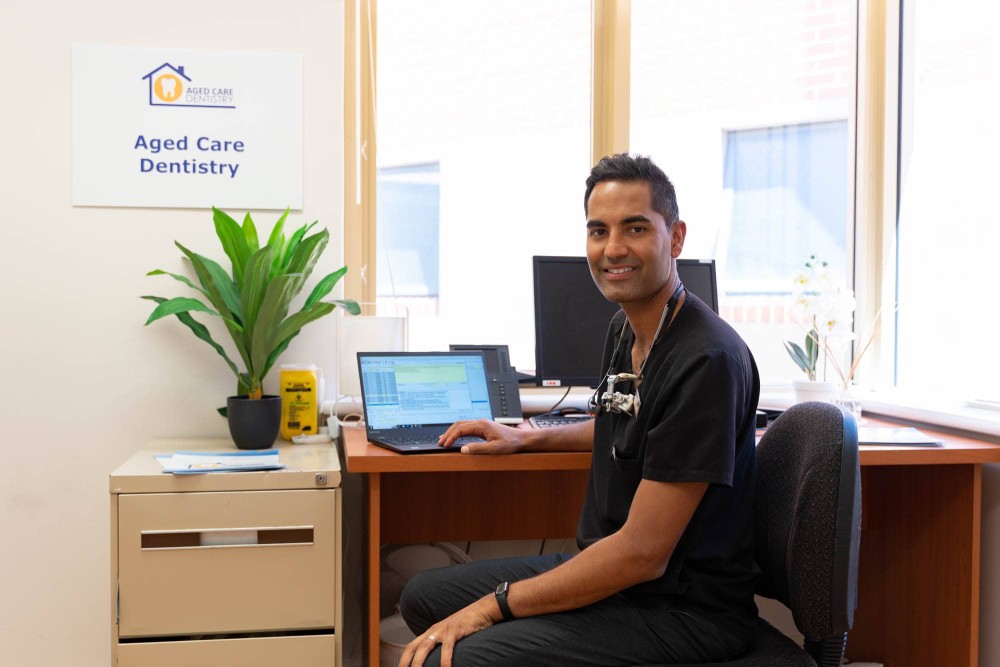Is Tooth Extraction Safe for the Elderly?

As we age, our dental needs change, and sometimes removing a tooth becomes the best option for maintaining comfort and oral health. Whether it’s due to decay, gum disease, or infection, extractions are a common procedure among older adults. But many families and carers often wonder: is tooth extraction safe for elderly patients?
The short answer is yes. With the right preparation, care, and professional supervision, tooth extractions can be performed safely and effectively in elderly patients. However, there are important factors to consider before and after the procedure to ensure the best outcome. In this blog, we’ll look at when extractions might be needed, what makes them different for older adults, and how an experienced dentist can help make the process as safe and comfortable as possible.
Why Might an Elderly Person Need a Tooth Extraction?
There are several reasons why an elderly person might need a tooth removed. In many cases, extraction is the safest and most effective way to prevent ongoing pain, infection, or further oral health issues.
Common reasons include:
-
Severe tooth decay: When a cavity extends too deep to be repaired with a filling or crown.
-
Gum disease: Advanced periodontal disease can cause teeth to loosen, making removal necessary.
-
Infection or abscess: If an infection cannot be treated successfully with antibiotics or root canal therapy.
-
Broken or damaged teeth: Teeth that are cracked below the gumline or beyond repair often need extraction.
-
Overcrowding or denture preparation: Some seniors may need teeth removed to make way for dentures or other dental prosthetics.
For older adults, these issues are often linked to age-related changes such as reduced saliva flow, medication side effects, or difficulties maintaining daily oral hygiene. Identifying the cause early helps prevent complications and supports better overall health.
Is Tooth Extraction Safe for Elderly Patients?
In most cases, tooth extraction is perfectly safe for elderly patients when carried out by an experienced dentist who understands the unique needs of older adults. Age alone does not make the procedure unsafe. What matters most is the patient’s overall health, medication use, and post-treatment care.
Before any extraction, a dentist will review the patient’s medical history and medications to identify potential risks. For example, blood thinners can increase bleeding risk, while some osteoporosis medications may affect bone healing. By assessing these factors, the dentist can plan a safe and effective approach tailored to each individual.
With proper preparation, gentle techniques, and careful aftercare, elderly patients generally recover well. Many even experience an improvement in comfort and oral function once the problematic tooth is removed. The key is having the procedure performed by a qualified dental professional who takes the time to plan and monitor each step closely.
 Factors That Affect Safety and Healing
Factors That Affect Safety and Healing
While tooth extraction can be safe for older adults, there are certain factors that influence how smoothly the procedure and recovery go. Understanding these helps ensure the right precautions are taken before treatment begins.
1. Overall health conditions
Chronic illnesses such as diabetes, heart disease, or osteoporosis can slow healing or increase the risk of complications. It’s important for the dentist to be aware of these conditions to adjust treatment accordingly.
2. Medications
Many elderly patients take daily medications that can affect blood flow, bone density, or healing. Blood thinners, for example, may increase bleeding, while some osteoporosis drugs can impact how the bone repairs itself after extraction.
3. Age-related changes to the mouth
As we age, gums may become thinner and bones more brittle, which can make extractions slightly more complex and healing a little slower. This doesn’t make the procedure unsafe, but it does mean the dentist needs to take extra care.
4. Immune response and recovery
Older adults often take longer to recover from procedures due to a slower immune response. Following aftercare instructions carefully and maintaining good nutrition can make a big difference in healing time.
5. Support and aftercare
Having help from carers, family, or aged care staff is vital. Proper wound care, medication management, and monitoring for signs of infection are key to a smooth recovery.
When these factors are considered and managed by a skilled dentist, the risks are minimal and recovery is typically comfortable and complication-free.
How Dentists Ensure a Safe Extraction for Older Patients
When it comes to elderly patients, safety starts well before the procedure itself. An experienced dentist will take several steps to reduce risks and promote a smooth recovery.
1. Thorough medical assessment
Before proceeding, the dentist will review the patient’s medical history, medications, and any existing health conditions. This helps identify potential complications and determine the safest way to approach the extraction.
2. Tailored treatment planning
Each patient’s needs are different. The dentist may adjust the type of anaesthetic, schedule the procedure at a certain time of day, or plan shorter appointments to suit the patient’s comfort and health.
3. Gentle extraction techniques
Modern dental tools and methods allow for a more precise and less invasive extraction process. This helps minimise trauma to the surrounding bone and tissue, leading to quicker and easier healing.
4. Infection control and bleeding management
Special care is taken to prevent infection and manage bleeding, especially for patients on medications like blood thinners. The dentist will use sterile techniques and may provide specific aftercare instructions to manage these risks.
5. Ongoing monitoring and aftercare support
Follow-up visits or check-ins are often recommended to ensure healing is progressing well. For patients in aged care facilities, communication between the dental team and care staff ensures ongoing support after the procedure.
By combining careful planning with a gentle and personalised approach, dentists can make tooth extraction a safe and straightforward experience for elderly patients.
 Recovery and Aftercare Tips for Seniors
Recovery and Aftercare Tips for Seniors
Proper aftercare plays a big role in how well an elderly patient recovers following a tooth extraction. With the right support and attention, most people heal comfortably and without complications.
1. Follow the dentist’s instructions
Carefully following post-treatment guidelines helps prevent issues like infection or dry socket. This includes avoiding rinsing or brushing near the extraction site for the first 24 hours.
2. Manage pain and swelling
Mild discomfort and swelling are normal for a few days. Applying a cold compress and taking prescribed pain relief can help ease any soreness. Always check with the dentist or GP before taking new medications.
3. Eat soft, nutritious foods
Stick to soft foods such as soups, mashed vegetables, and yoghurt while healing. Avoid hard, crunchy, or spicy foods that might irritate the area. Maintaining good nutrition supports faster recovery.
4. Stay hydrated
Drinking plenty of water helps the body heal. However, it’s important to avoid using straws, as suction can disturb the blood clot forming in the socket.
5. Keep the area clean
After the first day, gently rinse with warm salt water to keep the area clean and reduce the chance of infection. Brushing should be done carefully, avoiding the extraction site until it heals.
6. Watch for signs of complications
Carers or family members should monitor for signs such as prolonged bleeding, severe pain, or swelling that worsens instead of improving. Contact the dentist promptly if any of these occur.
With proper care and support, elderly patients typically recover well and experience a noticeable improvement in comfort once the problem tooth has been removed.
Wrapping Things Up
Tooth extraction is generally safe for elderly patients when carried out by an experienced dentist who takes the time to plan and provide proper aftercare. While older adults may have extra health considerations, these can be managed with the right approach and support.
With good preparation, gentle treatment, and clear communication between the dentist, carers, and family, seniors can recover comfortably and maintain their oral health.
If you or a loved one needs trusted dental care, Aged Care Dentistry offers safe, professional treatment tailored to older adults across Western Australia. Get in touch for more information.
 Factors That Affect Safety and Healing
Factors That Affect Safety and Healing Recovery and Aftercare Tips for Seniors
Recovery and Aftercare Tips for Seniors